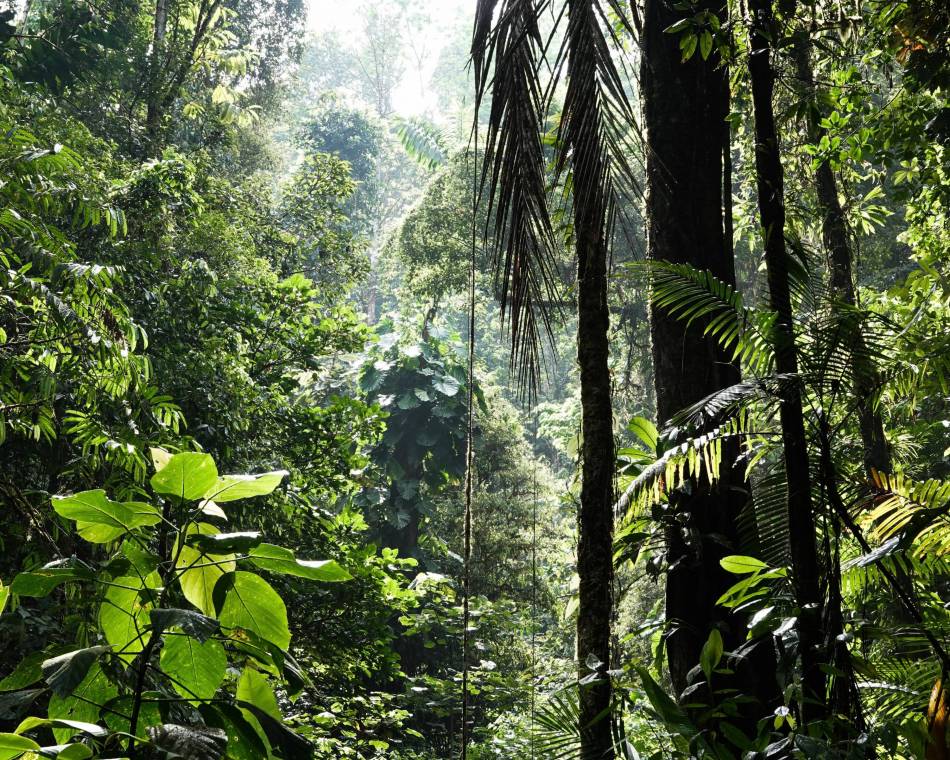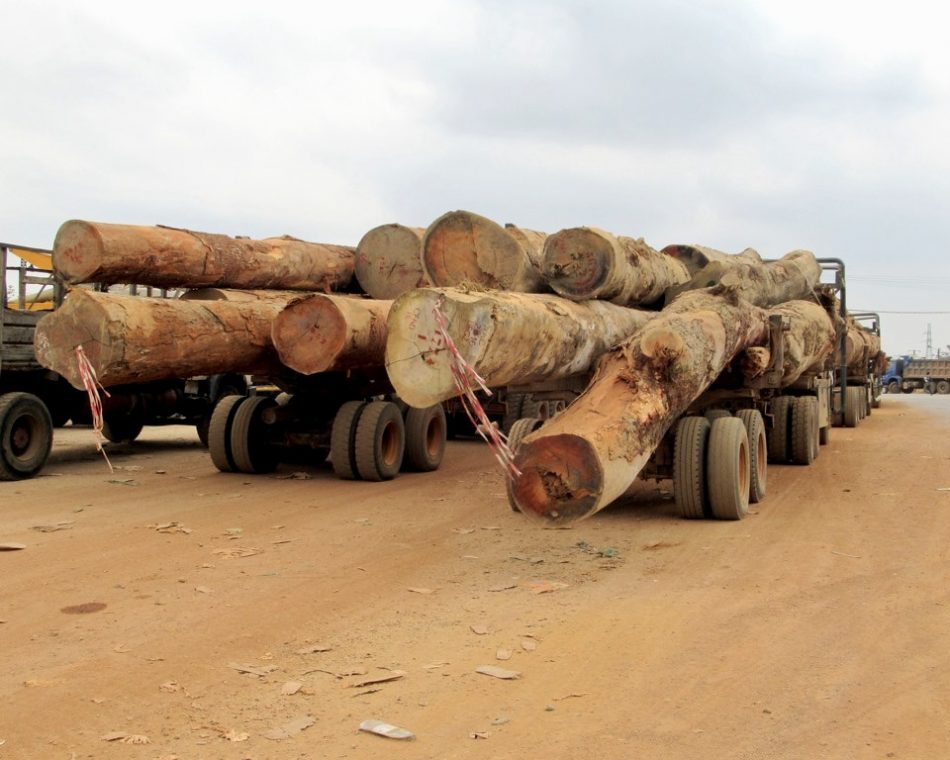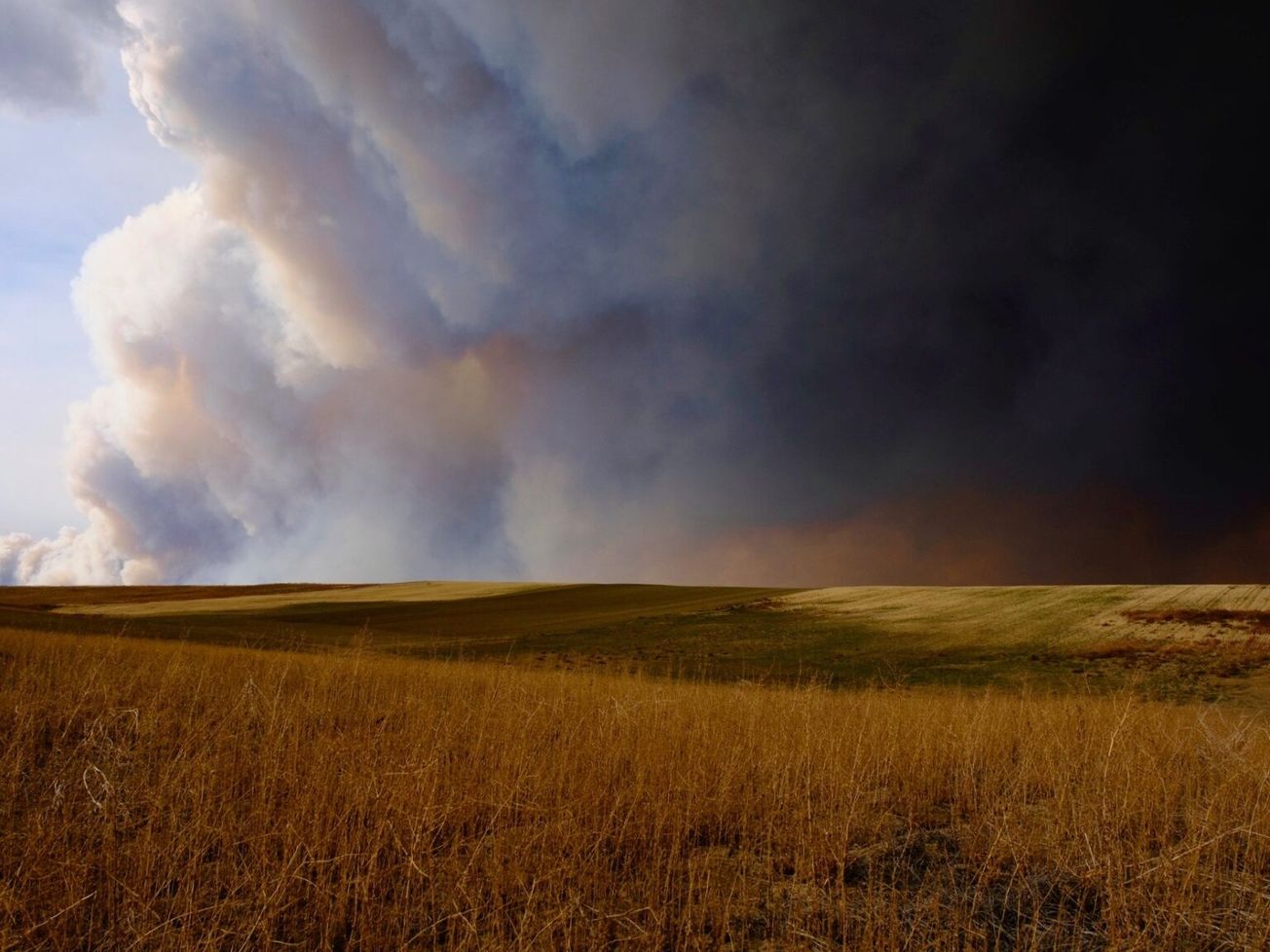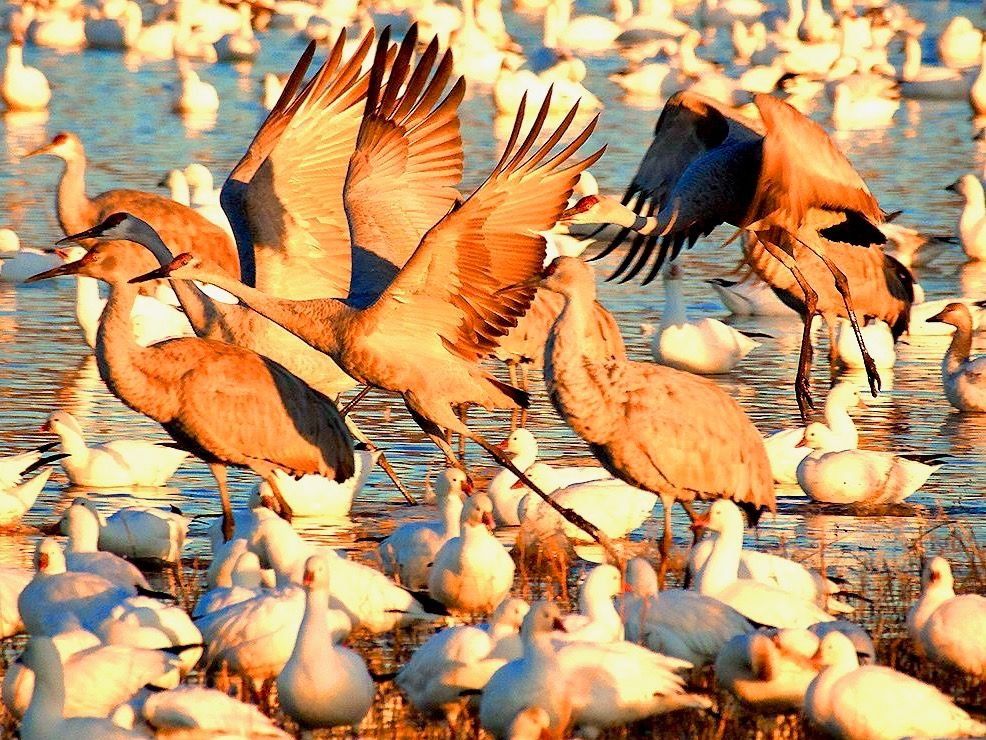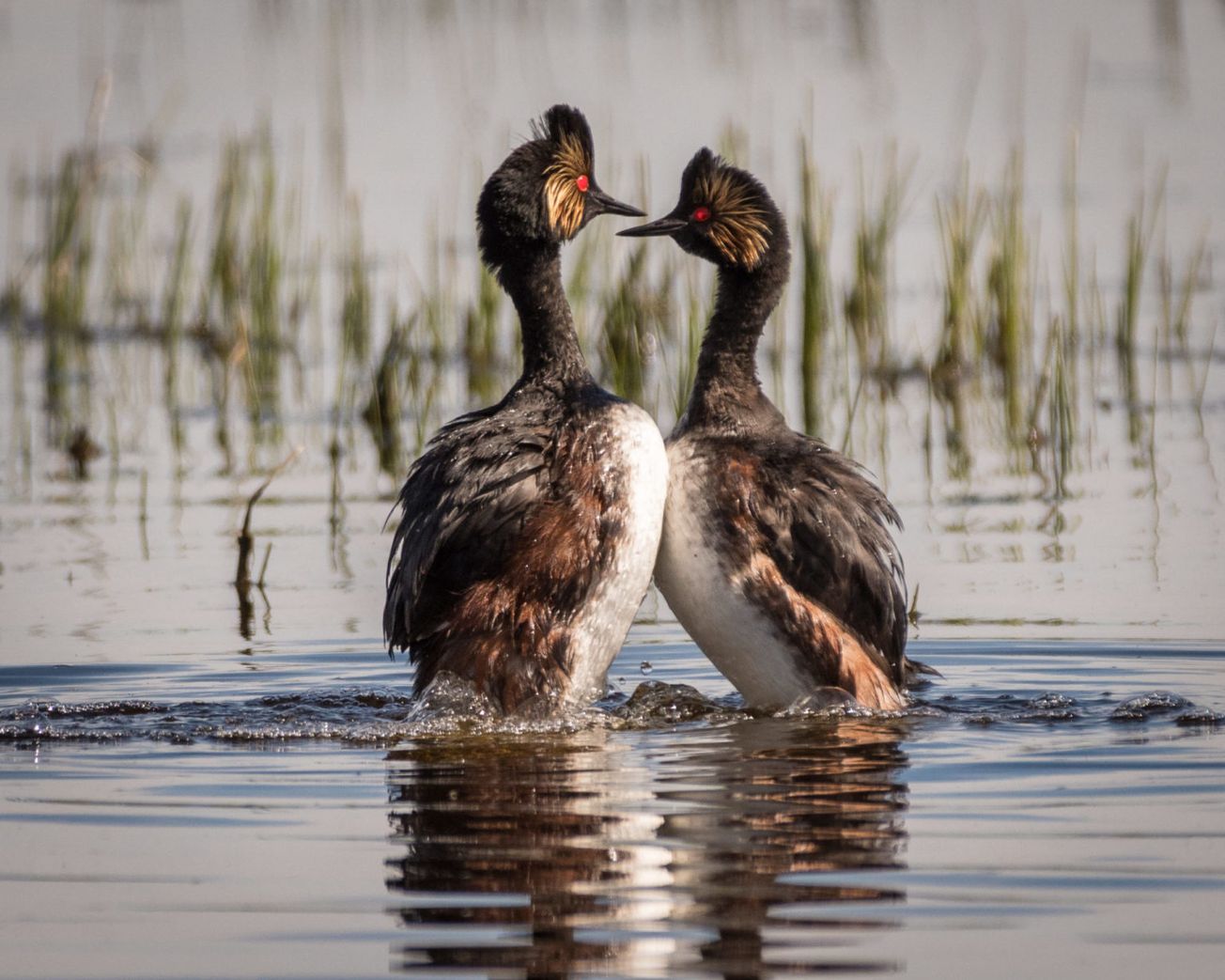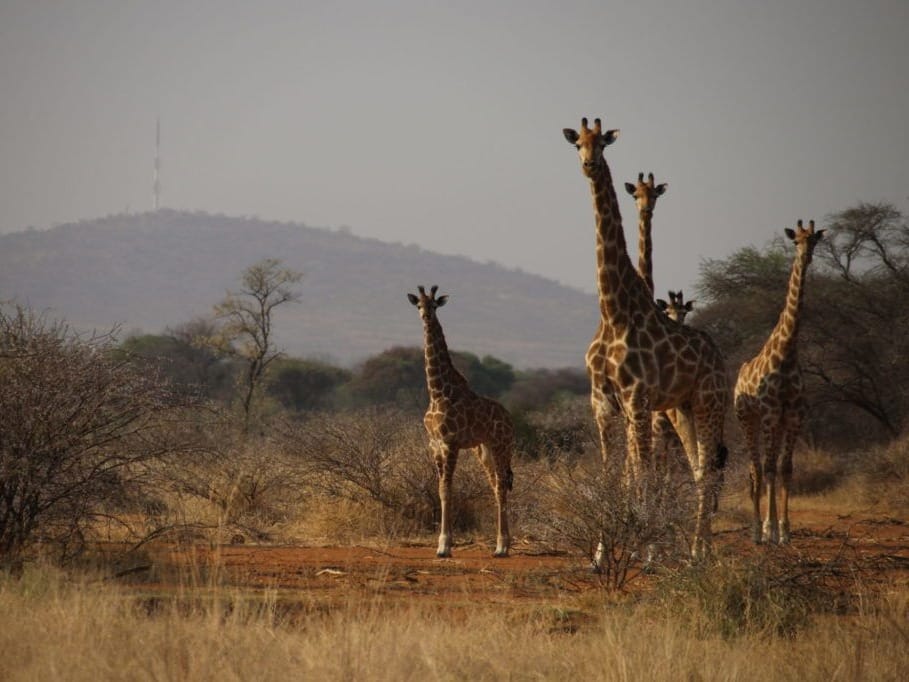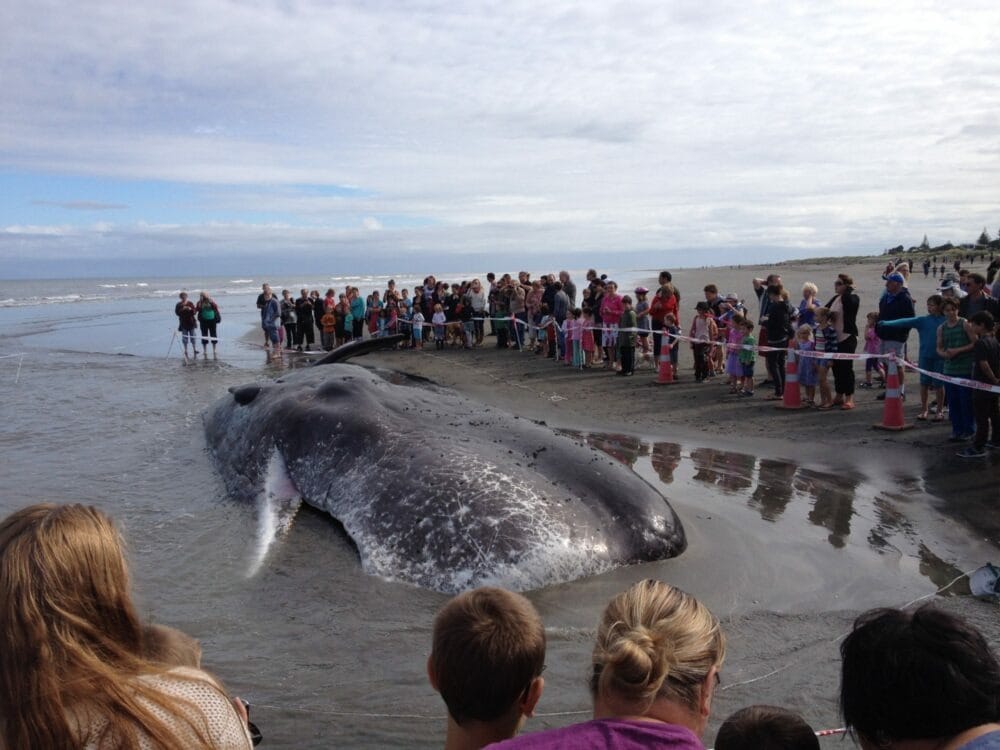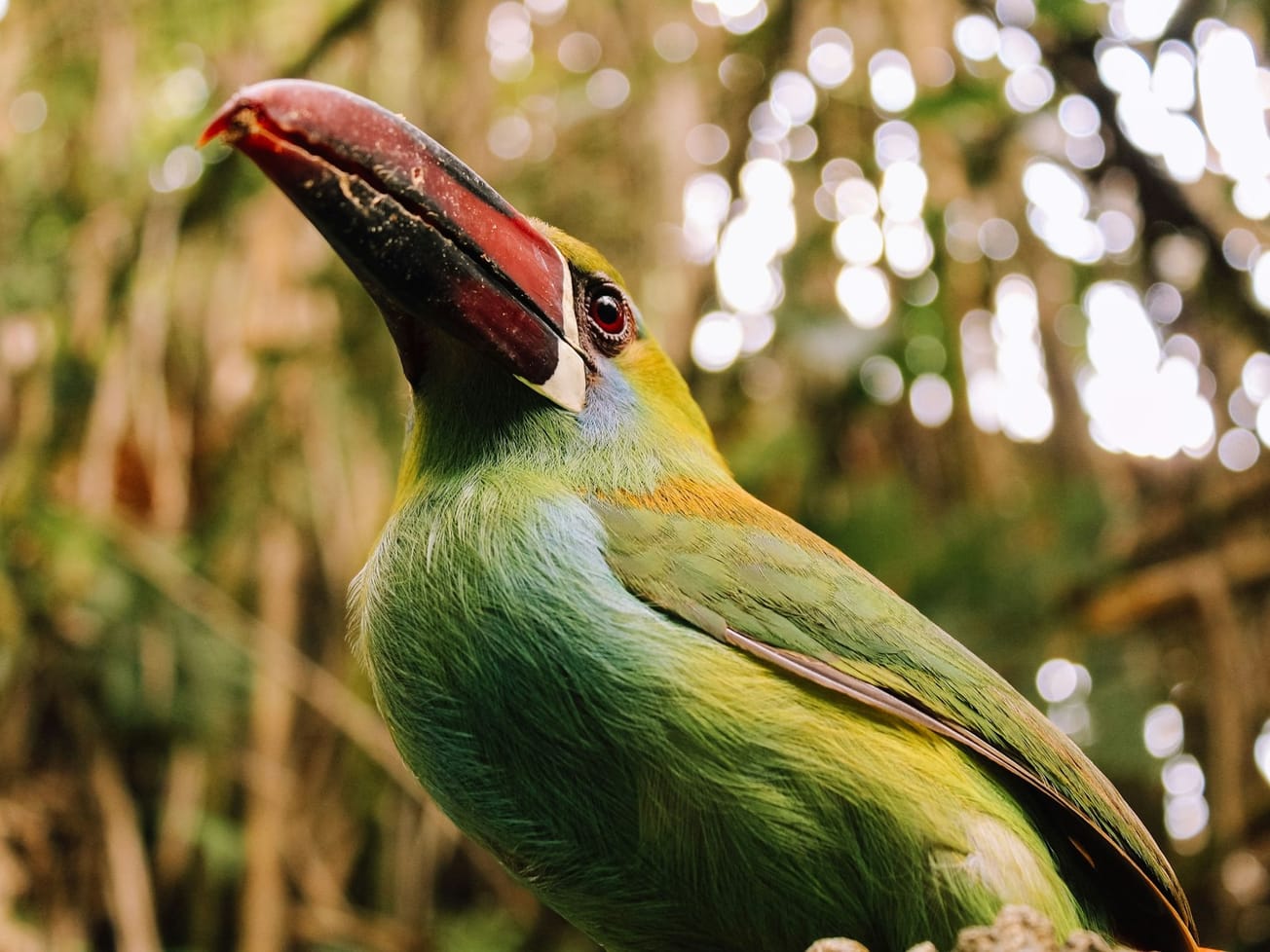
Global talks on Earth's eco-crisis hinge on Indigenous communities
A report found a 73% drop in wildlife populations since 1970 and said nations must tackle the climate and nature crises.
Already have an account? Log in
A report found a 73% drop in wildlife populations since 1970 and said nations must tackle the climate and nature crises.
Negotiators reached a 30% by 2030 or '30 by 30' deal just as the almost two-week U.N. Biodiversity Conference was ending.
The IPBES guidelines could prod decision-making beyond just politics and economics to deal with our massive loss of species and rising temperatures.
The planet's massive losses of species and rising temperatures are driven by human activities that must be tackled together, two organizations reported.
Old-growth tropical forest losses rose 12% in 2020 accelerated by commerce and climate-related factors, according to Global Forest Watch.
Moves to rejoin WHO and the Paris climate treaty were among a burst of immediate directives issued by U.S. President Joe Biden upon taking office.
The U.N. chief appealed to world leaders to start fixing our "broken" planet by ringing in 2021 with a commitment to a carbon pollution-neutral future.
Pandemics will become more frequent, faster-spreading and deadlier than COVID-19 if Earth’s natural life support systems are not restored, IPBES reported.
Delegates from 111 nations at a U.N. conference in India met to protect migratory species and their habitats at a time when nature is nearing a breaking point.
U.N. officials unveiled a sweeping plan to avert Earth's sixth mass extinction, proposing a global wildlife treaty on the scale of the Paris climate accord.
The summit is held once every three years to examine protections for wild animals and plants traded internationally.
Accelerating species losses undermine humanity's perch on the planet because all life depends on rich species diversity.


